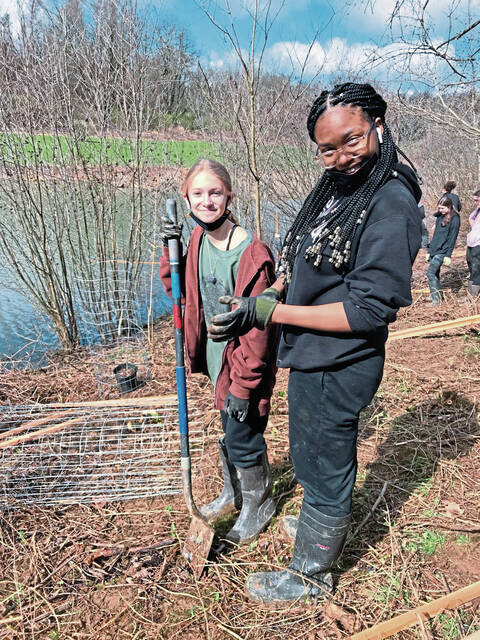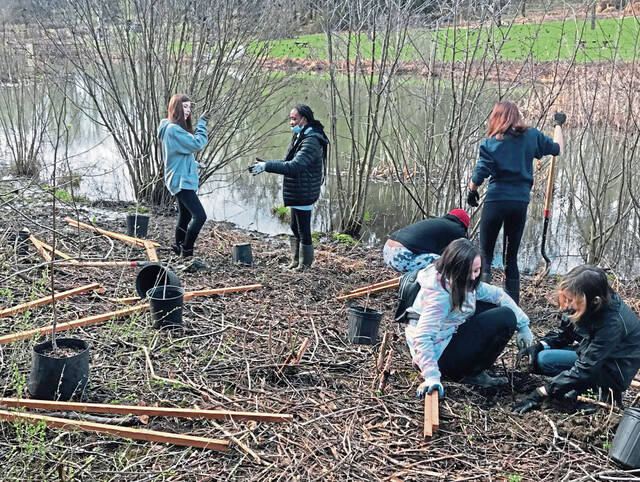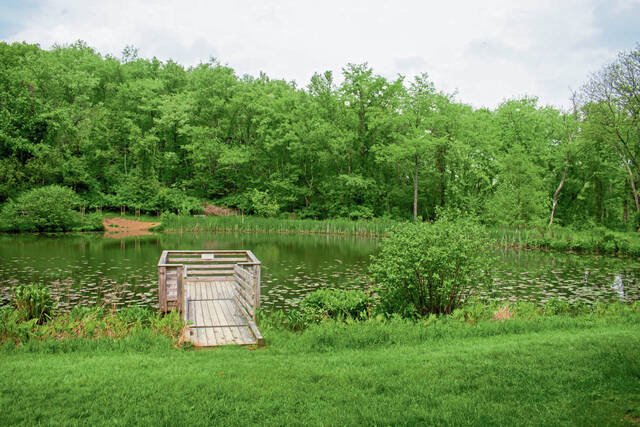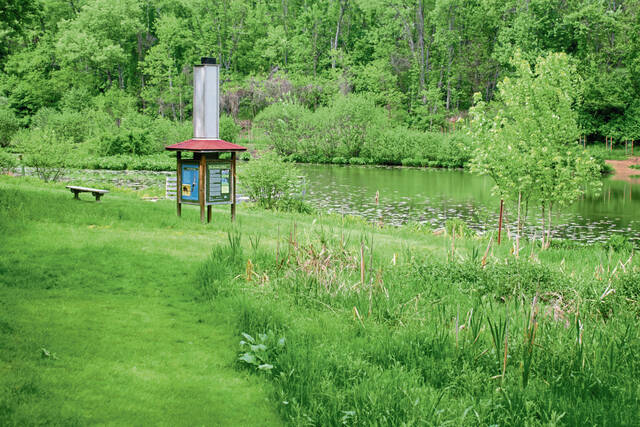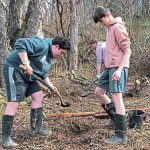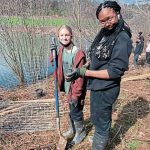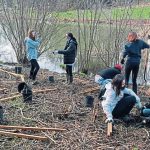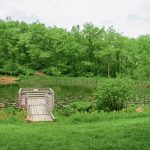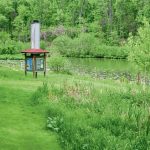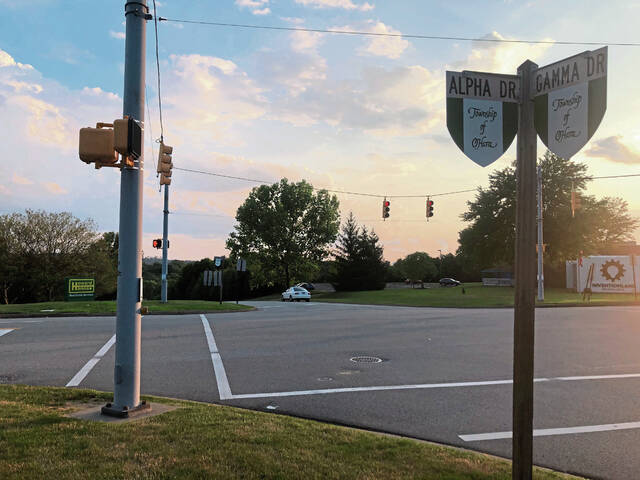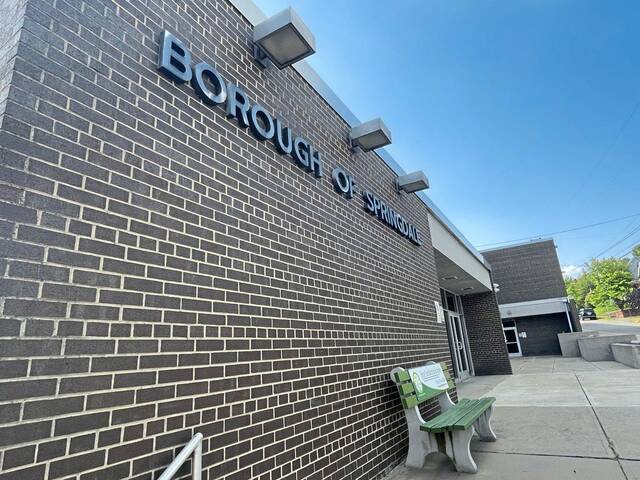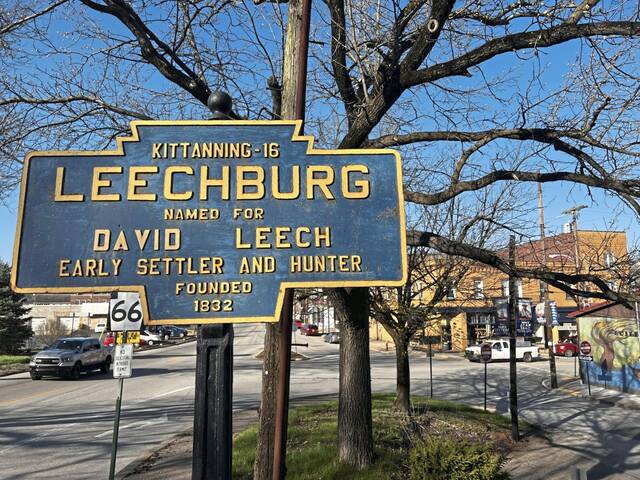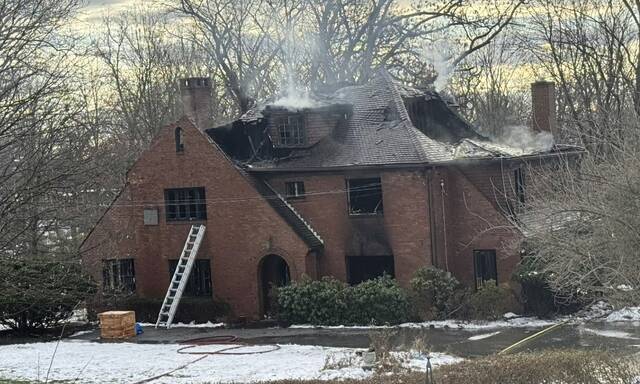Bird populations are expected to soar near the south pond at Harrison Hills Park after a rigorous project to restore habitat at the Allegheny County site.
Japanese barberry, honeysuckle and other bushy invasives were plucked from the pond embankment — nearly an acre’s worth — and replaced with native species that birds and insects rely on for food and places to raise their young.
“Invasives are opportunists,” said Sara Madden, county landscape architect. “They thrive so well that they outcompete natives. That area by the pond is a great bird habitat, but it was completely overrun.”
Harrison Hills encompasses 500 acres off Freeport Road in the Natrona Heights section of Harrison. It is one of nine parks run by the county.
In partnership with the parks department, the county Parks Foundation secured a grant of more than $10,000 to pay for the work.
Money was made available by the Pittsburgh Foundation through its Peaceable Kingdom Fund.
The project included 300 trees and shrubs and 650 live stakes, said Barbara Brewton, the institutional giving and project manager of the Parks Foundation.
An additional 300 trees and shrubs will be planted this fall.
“The Allegheny County Parks Foundation strengthens the health and vibrancy of our community by improving, conserving and restoring the nine county parks,” Brewton said.
The two groups bring together ideas, leadership and resources to make the parks more sustainable and enjoyable for all, she said.
Work at Harrison Hills was among several restoration projects completed across the county. In total, the parks foundation received about $108,000 from the Pittsburgh Foundation to revive wildlife habitat.
Braden Meiter, lead supervisory park ranger for Allegheny County parks, said the project will improve species diversity, help prevent the regrowth of invasives and provide shelter and food for many animals, “including the great variety of birds that call this area home.”
Meiter and Madden credit volunteers for swiftly handling a time-consuming job.
“Not only does it allow the community to connect with the project, but they did in a couple of hours what would’ve taken days otherwise,” Meiter said.
Two groups of helpers, one from FedEx Ground and one from Gateway School District, assisted.
They cleared large swaths of autumn olive and honeysuckle, which grew thick and tangled near the pond, and then helped county park rangers to plant 300 trees and shrubs, including sycamore, winterberry, redbud, hornbeam and Eastern hemlocks.
Amy Baer, a teacher at Gateway’s Moss Side Middle School, brought a group of seventh and eighth graders for the hands-on science lesson. The teens are enrolled in an extracurricular program called Creek Connections, which is run by Gateway and supported through Allegheny College.
“We try to provide opportunities for our students to participate in educational and service-minded activities that help the environment and foster a feeling of social responsibility for our communities,” Baer said.
Students learn lifelong skills that range from how to use binoculars to how to plant riparian buffer trees that help alleviate flooding.
“They learn the importance of keeping our communities clean and how to get along with others,” Baer said.
Her students took nine field trips to Duff Park in Murrysville to test the biological and chemical viability of a tributary to Turtle Creek. They also participated in an Environmental Learning Day at Boyce Park and a Service Learning Day at Gateway High School in Monroeville.
Baer’s students also traveled to Fox Chapel for birding adventures at Beechwood Farms Nature Reserve.
Because of their efforts at Harrison Hills, visitors who frequent the pond will recognize big changes.
The water’s edge that previously was shrouded by overgrown plants is now clear and dotted with shrubs. The shrubs are caged to protect the new growth.
“It was filled with a lot of green leafy vegetation before so there’s not an immediate aesthetic difference, but there’s a definite environmental impact,” Madden said.
The work also improved the park for humans, Meiter said.
“It’s a great corner of the property,” he said. “There’s a boardwalk and benches, and it was quite overwhelming to walk through the trail before. The invasives were taking up too much space. Now it’s much more pleasant.”



